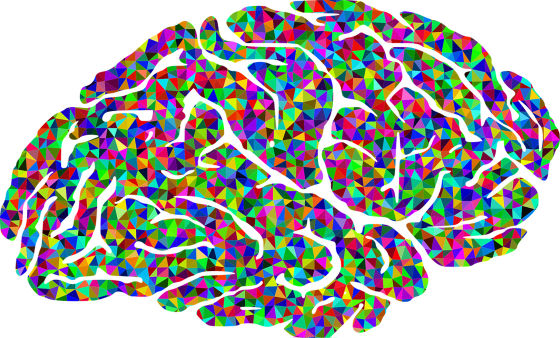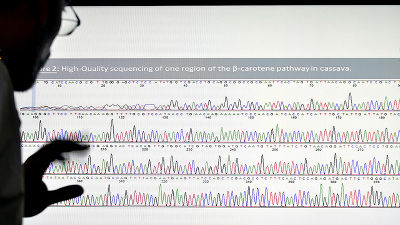What is the difference in the brain between people who get goosebumps and those who don't?

When I listen to music and feel impressed, I sometimes get goose bumps. There has been much debate about why goose bumps occur when listening to sounds, and the detailed mechanism is still unknown, but people who get goose bumps when listening to music strengthen certain parts of their brains. Experiments have revealed that it has been done.
Brain connectivity reflects human aesthetic responses to music | Social Cognitive and Affective Neuroscience | Oxford Academic
Breakthrough in understanding the chills and thrills of musical rapture | Science | The Guardian
https://www.theguardian.com/science/2016/jun/17/breakthrough-in-understanding-the-chills-and-thrills-of-musical-rapture
Matthew Sachs, a graduate student at the University of Southern California, investigated what happens to his brain the moment he gets goosebumps while listening to music. It is generally known that two-thirds to half of people get goosebumps when listening to music, so Sax first conducted an online survey of more than 200 people and got goosebumps. We have selected people who are strong and those who are not.
In the experiment, he divided the group into 10 people who got goosebumps and 10 people who didn't get goosebumps in music, and then brought their favorite songs to the laboratory. Then, the state of the brain when listening to music is examined by MRI, diffusion tensor images (DTI) are taken, and the difference in the state of the brain when listening to music in each group causes goose bumps. I searched for changes in the brain.

Then, the subjects in the goosebumps group have many connections between the sound-processing parts of the brain and the
From the results of this experiment, Mr. Sax points out that the strong connection between the hearing-related part and the emotion-related part of the brain may be related to evoking deep emotions when listening to music. doing. However, it is unclear why the goosebumps phenomenon that generally occurs when you feel chills occurs when you listen to music.

Sax said, 'Although music has found a difference in the brain between people with goosebumps and those who don't, it's very difficult to tell if this difference is congenital or acquired. The only thing I learned from the experiments is that there are brain differences that can explain the difference between listening to music and getting goose bumps and not standing. '
Related Posts:
in Science, Posted by darkhorse_log







